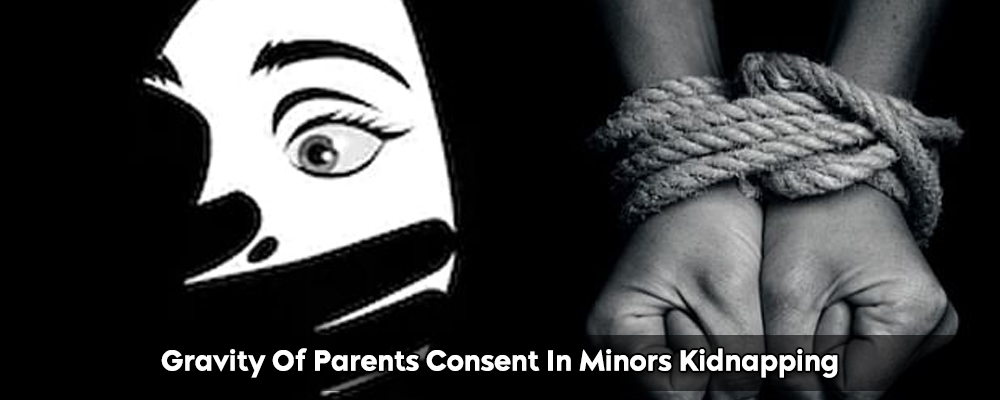The crime of kidnapping from legal custody is covered under the virtue of Section 361 of the Indian Penal Code (IPC). One key aspect of this provision is that it considers the consent of a minor irrelevant, focusing instead on the consent of the guardian.
The primary objective of Section 361 of IPC is to protect the rights and well-being of minors who are under the lawful guardianship of someone. Recognizing that minors may be easily influenced or coerced, the law places emphasis on the role of the guardian in determining the legality of an individual’s actions regarding a minor. This provision ensures that a minor’s welfare and best interests are safeguarded, considering that they may not possess the capacity to make informed decisions for themselves.
Need A Legal Advice
The internet is not a lawyer and neither are you. Talk to a real lawyer about your legal issue

Legal Presumption of Incapacity
Under the Indian legal system, there is a legal presumption that minors lack the mental and emotional maturity to give informed consent or fully comprehend the consequences of their actions. This presumption acknowledges the vulnerability of minors and places the responsibility of their care and protection on their guardians.
Preventing Exploitation and Abuse
By focusing on the parent’s consent, Section 361 of IPC aims to prevent instances of exploitation and abuse. It recognizes that individuals may manipulate or coerce minors into consenting to actions that are against their best interests. This provision serves as a protective mechanism, ensuring that the actions of any person taking a minor away from their lawful guardian are closely scrutinized.
Role of Judiciary: Kerala High Court
- In the case of State of Kerala v Arumugham and connected matters, the Kerala High Court, in its ruling, emphasized that the focus of Section 361 IPC is on protecting the rights and welfare of minors. It held that the consent of a minor is inconsequential in establishing the offense of kidnapping under this provision. Instead, the guardian’s consent or lack thereof is the determining factor.
- The court reasoned that a minor may lack the capacity to fully understand the consequences of their actions or may be subject to coercion or manipulation. In such cases, it would be unjust to place the burden on the minor’s consent.
- By prioritizing the guardian’s consent, the court ensured that the law remains consistent with the objective of safeguarding the best interests of the minor.
Significance of the Case
- By emphasizing the importance of the guardian’s consent, the court provides a stronger legal framework for prosecuting offenders in cases of minor abduction.
- It ensures that the responsibility lies with the guardian to make decisions regarding the minor’s well-being. This ruling also aligns with international conventions and legal principles that prioritize the rights and protection of children.
- The ruling will facilitate a smoother legal process and reduce potential hurdles in establishing the offense of kidnapping in cases involving minors. It will also serve as a precedent for future cases, promoting consistency in the interpretation and application of the law in Kerala.
Exceptions and Safeguards
While the guardian’s consent is generally the determining factor, Section 361 of IPC includes certain exceptions and safeguards. For instance, if the guardian’s consent is obtained by deceit or coercion, it does not absolve the accused from liability. The law also considers cases where the minor is separated from the guardian due to a bona fide belief that it is necessary for the minor’s welfare.
Conclusion
Section 361 of the IPC prioritizes the guardian’s consent in kidnapping cases involving minors to safeguard them from harm. While the minor’s consent is considered immaterial, exceptions and safeguards are in place to prevent misuse. This approach balances the protection of minors with exceptional circumstances where separation from the guardian may be necessary for their welfare.
The recent judgment by the Kerala High Court not only provides guidance to the legal fraternity but also reinforces the protection of children’s rights in the state of Kerala. It sets a positive precedent and paves the way for a more effective prosecution of offenders in cases of minor kidnapping.
One can talk to a lawyer at Lead India for any kind of legal advice. In India, free legal advice online is available by Lead India. Along with getting free legal advice online, you can ask questions to experts online free at Lead India.





 Talk to a Lawyer
Talk to a Lawyer